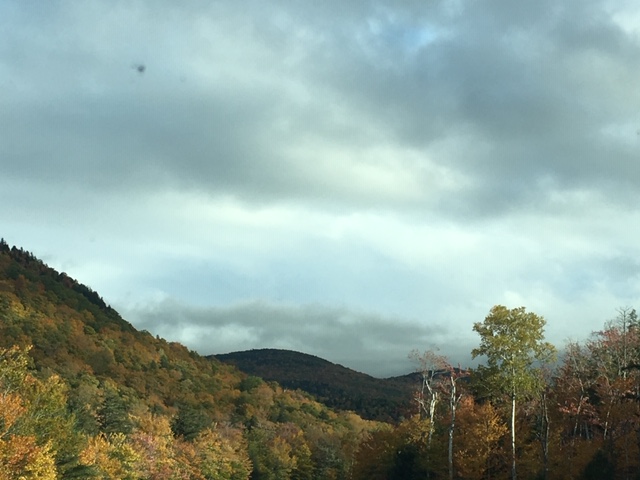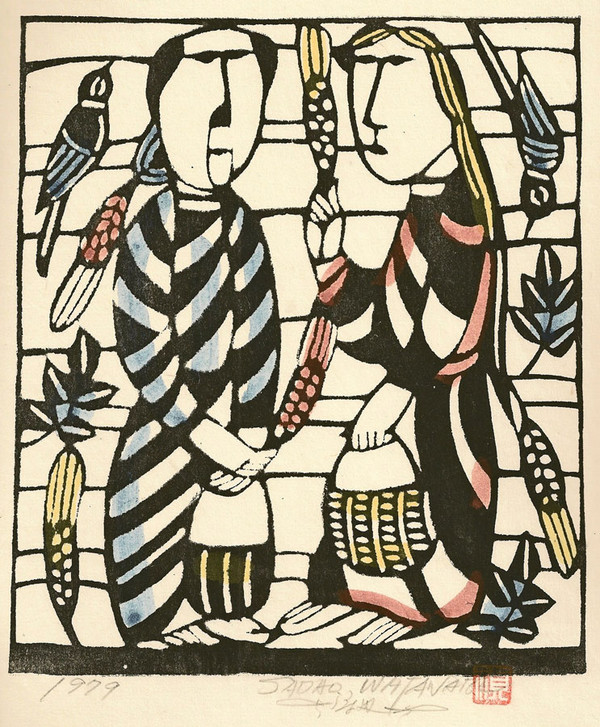Reflections on being heard & listening: themes from Hebrews
Do you feel heard? Seen? Recognized? Beloved? Here are Rev Barbara Brown Taylor’s thoughts on the Love who insists one being Present and bears Witness to our lives: “I use the word “sacred” to describe something that grounds me in this world and opens me up to another world all at the same time. Oceans […]


